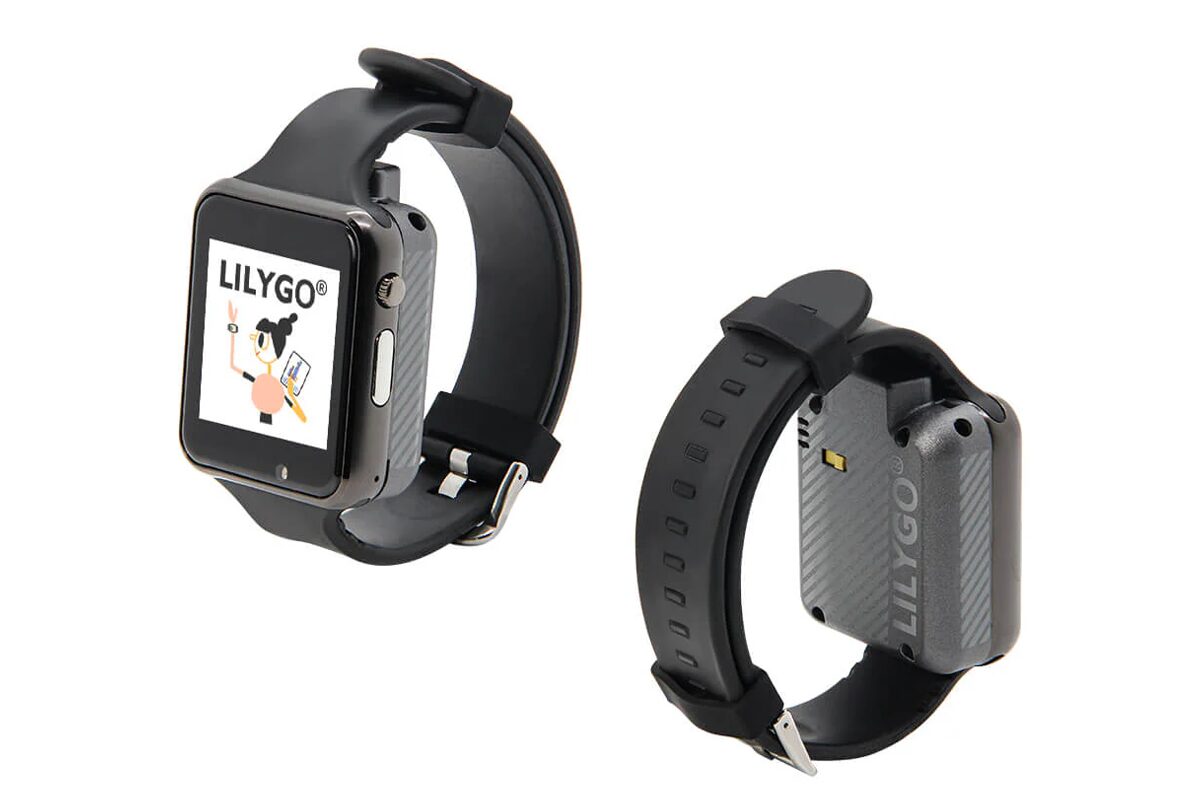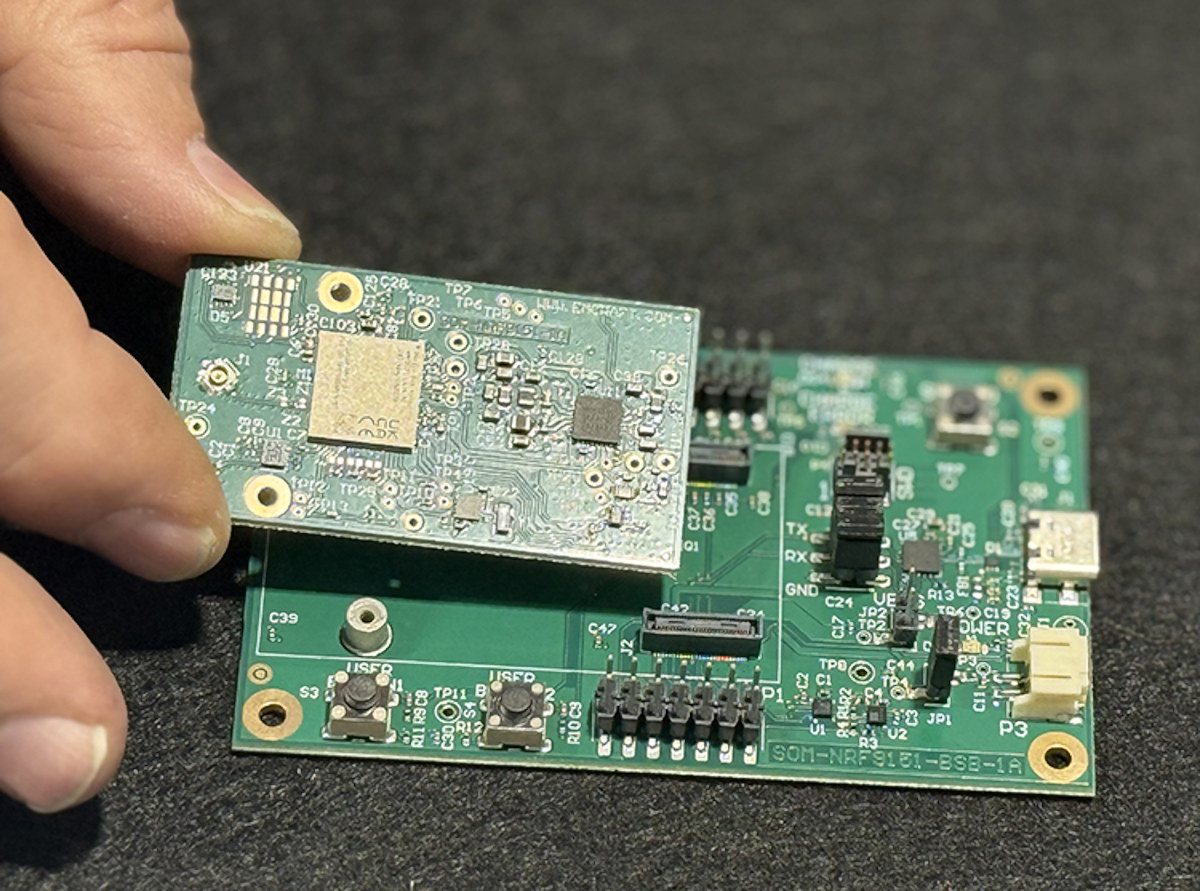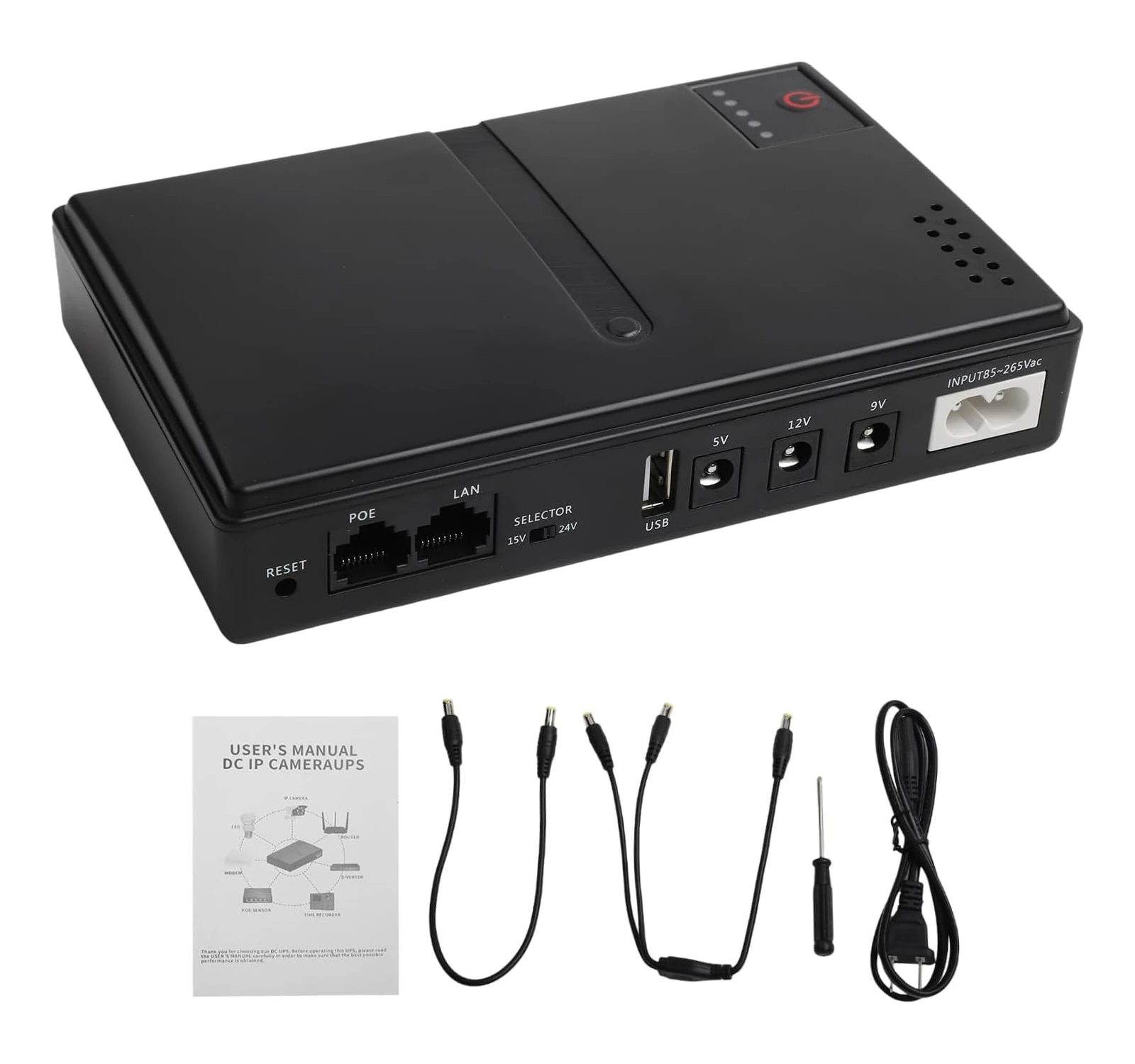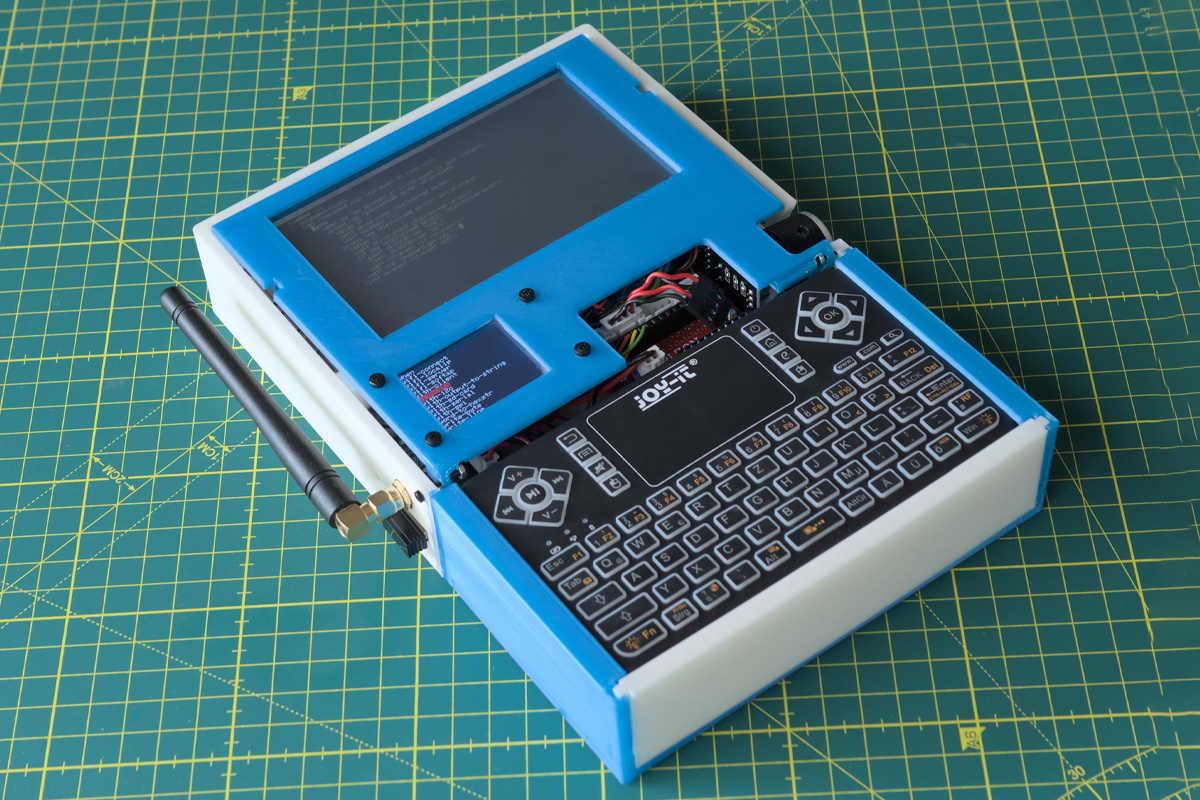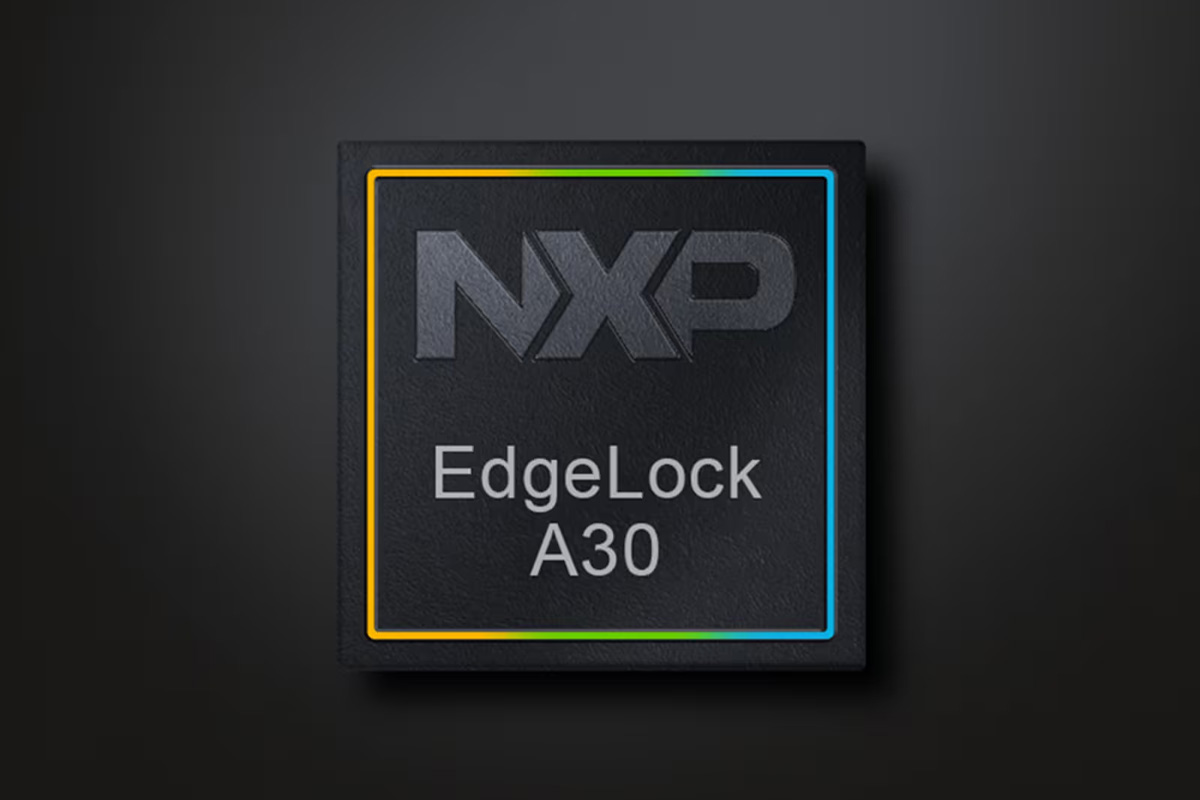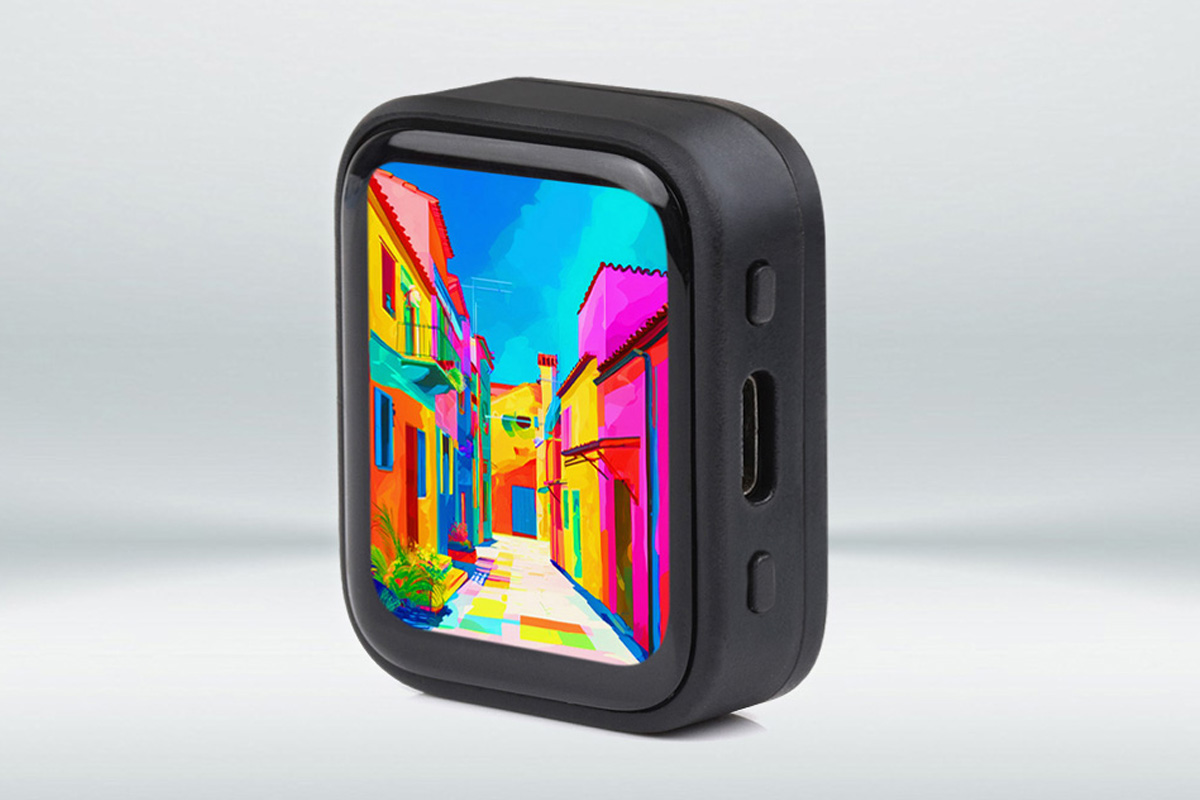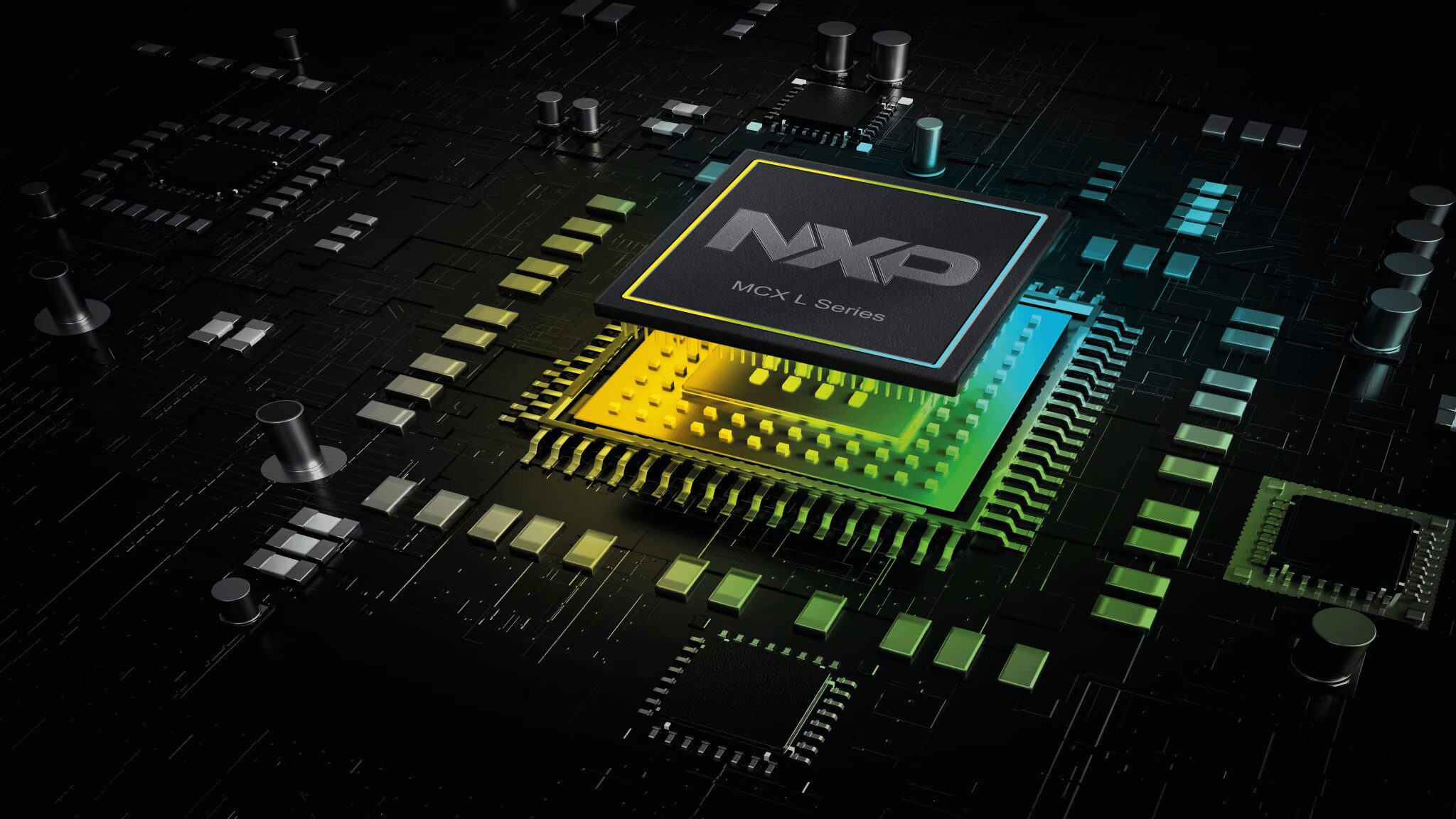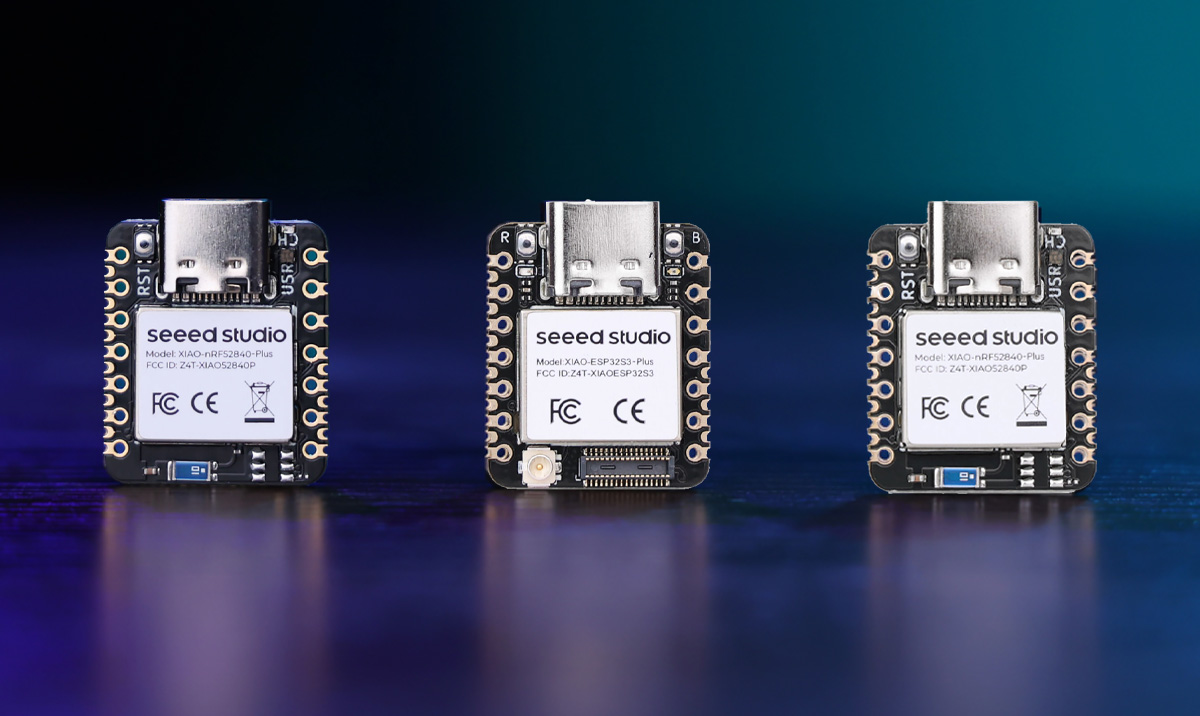LILYGO has recently introduced the T-Watch S3 Plus, an ESP32-S3 smartwatch which can be considered an upgrade from the previous generation T-Watch S3, adding a u-blox MIA-M10Q GPS and a larger 940mAh LiPo battery for extended battery life. The T-Watch S3 Plus smartwatch still supports Wi-Fi, Bluetooth LE, and LoRa connectivity, and integrates a 1.54-inch 16-bit full-color TFT LCD display with capacitive touch and a wide-viewing angle. The smartwatch also features an infrared (IR) transmitter that can be used for remote control or proximity detection. T-Watch S3 Plus specifications Wireless MCU – Espressif Systems ESP32-S3 CPU – Dual-Core 32-bit Tensilica LX7 @ up to 240 MHz with vector instructions for AI/ML acceleration Memory – 512KB SRAM, 8MB PSRAM Storage – 16MB flash, 384KB ROM Wireless – Wi-Fi 4 and Bluetooth 5 LE/Mesh Display – 1.54-inch 16-bit full color TFT LCD display with 240×240 resolution, capacitive touch; ST7789V SPI controller Audio – […]
emCraft SOM-NRF9151 – A Nordic Semi nRF9151 System-on-Module with LTE-M, NB-IoT, DECT NR+, and GNSS
Better known for its Linux and uCLinux-powered system-on-modules, emCraft has just launched the SOM-NRF9151 system-on-module powered by a Nordic Semi nRF9151 Arm Cortex-M33 SiP (System-in-Package) with LTE-M, NB-IoT, and DECT NR+ connectivity, and GNSS functionality. The SoM also features a 16MB SPI flash, an nPMIC1300 for power management, a Nano SIM card slot, and a footprint for an eSIM. I/Os and power signals are exposed through two 50-pin board-to-board connectors, and the company provides a starter kit with a baseboard for evaluation. emCraft SOM-NRF9151 specifications: SiP – Nordic Semi nRF9151 CPU – Arm Cortex-M33 @ 64 MHz Memory – 256 KB SRAM Storage – 1 MB flash Wireless – LTE-M, NB-IoT, and DECT NR+ modem with GNSS 700-2200 MHz LTE bands: B1-B5, B8, B12, B13, B17-B20, B25, B26, B28, B65, B66, B85 Power Class 5 20 dBm Power Class 3 23 dBm 1.9GHz NR+ band support Certified for global operation […]
Mini UPS with 5V, 9V, 12V DC, and PoE output could be useful for routers, security cameras, SBCs, and mini PCs
Most uninterruptible power supplies (UPS) require AC voltage and use specific batteries that must be changed every few years. But those may be oversized and not the most efficient if you just want to keep single board computers (SBCs), low-power mini PCs, routers, or security cameras up and running during power failures. Luckily, some mini UPS solutions use standard rechargeable 18650 batteries, output 5V, 9V, or 12V DC, or even PoE (15V/24V) which may be more suitable for those use cases. Many mini UPS solutions come from WGP (Wonderful Green Power), so let’s have a look at the WPG103A model. WPG103A mini UPS specifications: Batteries – 4x 18650 batteries for a combined 10,400 mAh capacity Protection – Overcharge, over-discharge, overcurrent, and short circuit protection Misc – Power button, status LEDs Power Input – 12V/2A via DC jack Power Output 5V via USB Type-A port (likely limited to 1.5A or 2A […]
LispDeck handheld lisp computer Runs uLisp on Teensy 4.1 with Wi-Fi, LoRa, and two screens
Designed by Hartmut Graw, the LispDeck is a Handheld Lisp computer built around the Teensy 4.1 microcontroller for Lisp programming on the go. It features a dual-screen setup with a 5-inch touchscreen and, a secondary ST77350-based TFT display. It also has an Adafruit RFM96 radio module, an ESP8266 Wi-Fi module, a rotary encoder, an SD card for storage, and a detachable wireless USB keyboard, all housed in a 3D-printed case. Running the uLisp language, it features a standalone Lisp programming environment without needing a PC or tablet. It is an evolution of the LispBox, with a portable and battery-powered design, which also maintains compatibility. Unlike Raspberry Pi-based cyberdecks, the LispDeck is designed for complete control over the system without the complexity of Linux. It is useful for Lisp enthusiasts who want a compact, dedicated computing device that’s fully documented. LispDeck Specifications SoC – NXP i.MX RT1062 via Teensy 4.1 board […]
NXP EdgeLock A30 Secure Authenticator chip enables battery authentication for compliance with EU regulation 2023/1542
NXP recently launched the EdgeLock A30 Secure Authenticator chip, a Common Criteria EAL 6+ certified secure authentication designed for IoT devices, including battery authentication applications. It complies with the EU’s Batteries Regulation 2023/1542, which mandates the inclusion of a Digital Product Passport (DPP), by 2027 to ensure traceability, sustainability, and safety in battery manufacturing and recycling. Alasdair Ross, Senior Director, NFC IoT Security, NXP explains: Secure authentication helps to ensure brand protection, consumer safety, and product traceability, fostering trust and shielding devices from physical damage. Smaller than a grain of rice, the EdgeLock A30 is designed to fit into even the smallest of devices. It supports multiple authentication use cases, making it easier for developers to support a variety of devices and accessories with a single solution, including device to device, cloud to device, counterfeit protection, and storage or protection of device identity. To address these requirements NXP’s EdgeLock A30 […]
Fully enclosed ESP32-S3 board features 1.8-inch AMOLED, microphone & speaker for AI audio applications
Waveshare ESP32-S3-Touch-AMOLED-1.8 is an ESP32-S3 development board with an AMOLED display and AI audio support fully housed in a plastic enclosure. The most interesting feature of this devkit is its 1.8-inch AMOLED display with a 100000:1 contrast ratio and a wide 178° viewing angle, plus support for AI speech using its built-in microphone and speaker, and a built-in battery for IoT and AI applications. Other features include a QMI8658 6-axis IMU for motion detection, a PCF85063 RTC for time, and an ES8311 audio codec for high-quality audio. The ESP32-S3 provides Bluetooth and Wi-Fi connectivity and the board also features a USB-C port for power and programming. The AXP2101 power management IC enables battery charging and optimization, while GPIO, I2C, and UART pads allow expansion. Waveshare ESP32-S3-Touch-AMOLED-1.8 specifications Wireless MCU – Espressif Systems ESP32-S3R8 CPU – Dual-core Tensilica LX7 @ up to 240 MHz with vector instructions for AI acceleration. Memory – […]
NXP MCX L14x and MCX L25x ultra-low-power Cortex-M33 MCUs target energy harvesting and battery-powered devices
NXP Semiconductors has launched the MCX L series of ultra-low-power Arm Cortex-M33 MCUs with the MCX L14x and MCX L25x SKUs. The new series offers similar peripherals as the rest of the MCX portfolio but uses a new “power management architecture that supports always-on, battery-powered applications” The MCX L series uses a dual domain architecture, with “real-time processing and ultra-low-power sensing functions in a single device.” The Arm Cortex-M33 core supports real-time processing functions while the Arm Cortex-M0+ core offers always-on operation in the ultra-low-power sense domain. The new microcontrollers reportedly use three times less power than their predecessors. The ultra-low-power series is targeted at energy-constrained applications, powered by a battery, ultracapacitor, or power harvesting circuit. These include building control, industrial sensing, smoke and fire alarms, flow meters, smart appliances, and motion detectors. NXP MCX L14x and L25x specifications: CPU Main core: Arm Cortex-M33 microcontroller @ up to 96 MHz […]
Seeed Studio XIAO Plus series adds more GPIOs through castellated holes
In response to community feedback for more I/O options, Seeed Studio has recently launched the Seeed Studio XIAO Plus series with 23 castellated mounting pins (20 GPIOs, 3 power pins) and improved back solder points, improving compatibility with carrier boards for complex projects. The new series includes the XIAO ESP32S3 Plus, XIAO nRF52840 Plus, and XIAO nRF52840 Sense Plus which are direct upgrades of the XIAO ESP32S3, XIAO nRF52840 BLE, and XIAO nRF52840 Sense boards. The new design allows for easier assembly and scalable production, with double the I/O options. XIAO ESP32S3 Plus The Seeed Studio XIAO ESP32S3 Plus is a compact development board with a total of 23 pins on the board out of which 11 are through-hole GPIO pins 9 additional SMD castellations GPIO pins and 3 through-hole are power pins. The board is built around an ESP32-S3 MCU so it has 2.4GHz WiFi and BLE 5.0 connectivity. Other […]


